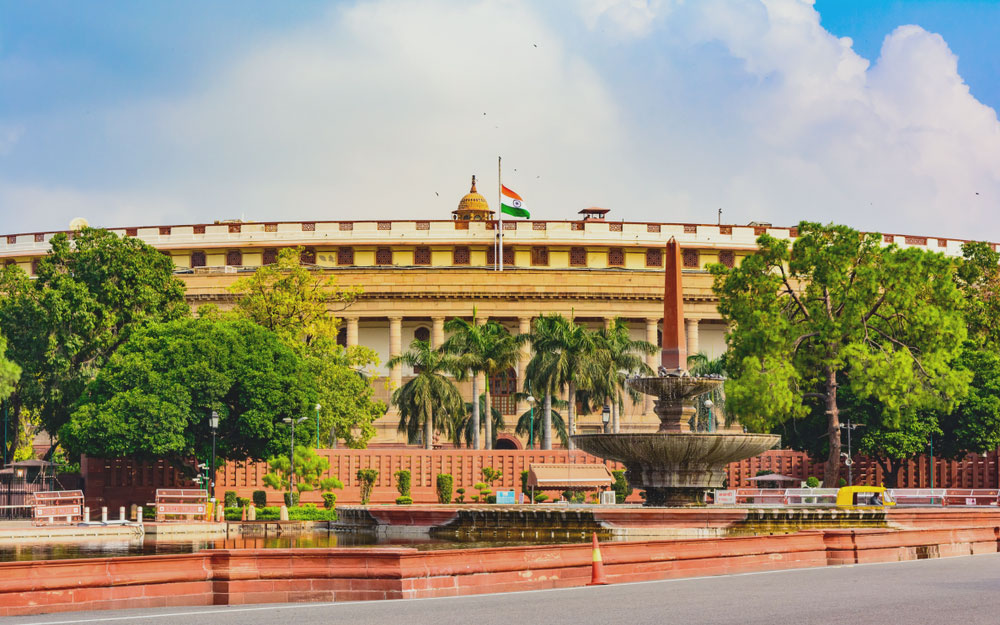A few days after the Meghalaya government rejected the demand from the Congress to include the historic instrument of accession in Article 371 to fortify the safeguards for the state, a pressure group has now come up in support of inserting the article in the Constitution.
“As a small state of the Union, which has only three representatives in Parliament (two in the Lok Sabha and one in Rajya Sabha), and to safeguard ourselves from various threats, we feel that Article 371 should be inserted in the Constitution and that the Sixth Schedule should be strengthened,” Hynniewtrep Youths’ Council president Robert June Kharjahrin said on Sunday.
During the recent autumn session of the Assembly, the demand by a section of Meghalaya legislators to include the Instrument of Accession and annexed agreement in Article 371 of the Constitution as an additional constitutional safeguard was rejected.
The demand, tabled by the Opposition in the form of a resolution, was prompted by a “sense of insecurity” looming over the state and the region following abrogation of Article 370 from Jammu and Kashmir, the Centre’s intent to bring in laws like the Citizenship Amendment Bill, Uniform Civil Code and an observation that Meghalaya is no longer protected by the constitutional provisions of Sixth Schedule.
Kharjahrin said the demand for the creation of Article 371 for Meghalaya was not new. He said it was not a fact that once Article 371 comes into force, Article 244 (2) and the Sixth Schedule would become invalid.
“In Mizoram and Assam, Article 371 and the Sixth Schedule coexists while in Nagaland, which is also protected by Article 371, there are district councils similar to the autonomous district councils of Meghalaya,” he said.
He said Article 371 for Meghalaya should fortify the Sixth Schedule while granting special powers and authority to the state.
“We will not accept if Article 371 replaces the district councils. But we agree if both work in tandem,” he said.
The council will consult various stakeholders to garner views on the demand for Article 371.










